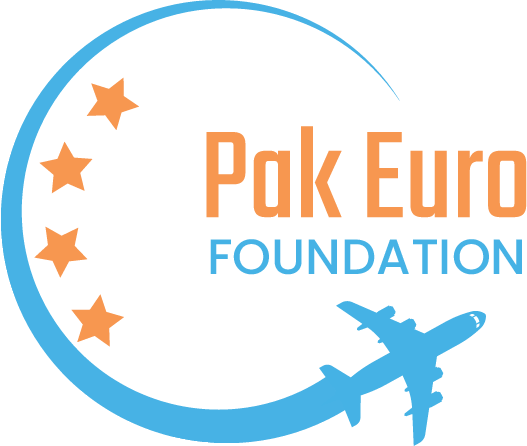About the Country

Welcome to Iceland, a small island country in the North Atlantic known for its breathtaking landscapes, geothermal hot springs, and unique culture. Whether you are interested in exploring the great outdoors, pursuing higher education, or experiencing a new way of life, Iceland offers something for everyone.
Education System: Iceland has a highly regarded education system, with several universities and colleges offering a wide range of study programs in fields such as natural sciences, engineering, social sciences, and the arts. The University of Iceland is the country’s largest and oldest university, while Reykjavik University is known for its strong programs in business, engineering, and computer science. Other notable institutions include the Iceland Academy of the Arts and the Iceland School of Energy.
Tuition Fees: Tuition fees in Iceland are generally free for both domestic and international students, with the exception of a few specialized programs such as MBA degrees. However, students are still required to pay a registration fee each semester. This makes studying in Iceland an attractive option for many international students who are looking for affordable options.
Scholarship Opportunities: There are several scholarship opportunities available for international students who wish to study in Iceland. The Icelandic Government Scholarship Program provides funding for students from certain countries, while the Erasmus+ program provides financial support for students studying in Europe. Additionally, many universities in Iceland offer their own scholarship programs for international students.
Work Opportunities: International students are allowed to work up to 20 hours per week during the semester and full-time during the holidays in Iceland. The country’s strong economy and low unemployment rate make it an attractive destination for job seekers. Students can find part-time work in various sectors such as tourism, hospitality, and retail. Additionally, graduates can apply for a work permit and stay in Iceland for up to six months to search for employment.
Cost of Living: The cost of living in Iceland is relatively high compared to other European countries. However, the country’s free healthcare and education systems help offset some of the costs. On average, students can expect to spend around ISK 150,000 to ISK 200,000 per month on living expenses, including accommodation, food, transportation, and other miscellaneous expenses.
Minimum Wage: As of January 2023, the minimum wage in Iceland is ISK 376,700 gross per month for full-time employees, based on a 40-hour workweek.
Cultural Experiences: Iceland is known for its unique culture and traditions. From the vibrant nightlife in Reykjavik to the stunning natural wonders such as the Northern Lights and glaciers, there are plenty of cultural experiences to be had in Iceland. Additionally, the country has a strong music scene and hosts several festivals throughout the year, including the Iceland Airwaves music festival and the Reykjavik Arts Festival.
Top Universities
If you are looking for a unique study destination with high-quality education and stunning natural beauty, you might want to consider Iceland. Iceland is a Nordic island nation with a population of about 360,000 people and a rich cultural heritage. Iceland is also known for its progressive society, innovative economy, and renewable energy sources.
But what about the universities in Iceland? How do they compare to other institutions around the world? And what are the benefits of studying in Iceland as an international student? In this blog post, we will answer these questions and more, by introducing you to the top universities in Iceland and what they have to offer.
According to various rankings and indicators, there are seven universities in Iceland, of which three are private and four are public. The largest and oldest university is the University of Iceland, located in the capital city of Reykjavik. The University of Iceland was founded in 1911 and offers a wide range of programs in humanities, social sciences, natural sciences, engineering, health sciences, and education. The University of Iceland is ranked among the top 500 universities in the world by THE World University Rankings and US News: Best Global Universities.
Another prominent university in Reykjavik is Reykjavik University, which was established in 1998 and focuses on technology, business, law, and applied sciences. Reykjavik University has a strong emphasis on innovation, entrepreneurship, and interdisciplinary collaboration. Reykjavik University is ranked among the top 600 universities in the world by Scimago Institutions Rankings and among the top 100 emerging economies universities by THE Emerging Economies University Ranking.
The third university in Reykjavik is the Iceland Academy of the Arts, which is a specialized institution that offers programs in fine arts, design, architecture, music, theater, and dance. The Iceland Academy of the Arts was founded in 1998 and has close ties with the cultural sector and creative industries in Iceland.
The fourth university in Iceland is the University of Akureyri, which is located in Akureyri, the second-largest urban area in Iceland. The University of Akureyri was founded in 1987 and offers programs in social sciences, humanities, health sciences, education, natural resource sciences, and law. The University of Akureyri has a reputation for excellence in research and teaching, especially in fields related to Arctic issues and rural development.
The fifth university in Iceland is the Agricultural University of Iceland, which is located in Borgarnes, a town on the west coast of Iceland. The Agricultural University of Iceland was founded in 2005 and offers programs in agricultural sciences, environmental sciences, natural resources management, rural tourism, and food science. The Agricultural University of Iceland has a strong focus on sustainability and rural development.
The sixth university in Iceland is Bifrost University, which is also located in Borgarnes. Bifrost University was founded in 1918 as a cooperative education institution and became a university in 1988. Bifrost University offers programs in business administration, law, social science, and liberal arts. Bifrost University has a distinctive curriculum that combines academic studies with practical training and community service.
The seventh and final university in Iceland is Holar University College, which is located in Sauarkrokur, a town in the north of Iceland. Holar University College was founded in 1882 as an agricultural school and became a university college in 2007. Holar University College offers programs in aquaculture and fish biology, equine science, rural tourism, and adventure sports. Holar University College has a unique campus that includes historical buildings, modern facilities, and natural surroundings.
As you can see, there are many options for studying at universities in Iceland. Whether you are interested in arts or sciences, urban or rural settings, traditional or innovative approaches, you can find a university that suits your needs and interests. Moreover, studying at universities in Iceland has many advantages for international students. Some of these include:
– Low tuition fees: Most public universities in Iceland do not charge tuition fees for both domestic and international students. Private universities charge tuition fees that vary depending on the program and level of study but are generally affordable compared to other countries.
– High-quality education: Universities in Iceland are internationally recognized for their academic excellence and research output. They offer modern facilities, qualified faculty members, small class sizes, and diverse learning opportunities.
– English-taught programs: Although Icelandic is the official language of instruction at most universities in Iceland, many programs are also taught fully or partially in English. This makes it easier for international students to access higher education without having to learn Icelandic.
Copyright © 2024 Pak Euro Foundation. All rights reserved.
Quick Links
Support
Contact Info
- 195-C 2nd Floor Grand Regent Mall Chenone Road Faisalabad
- 0415238091
- info@pakeurolinks.com
- Everyday : 9:00 am - 9:00 pm

